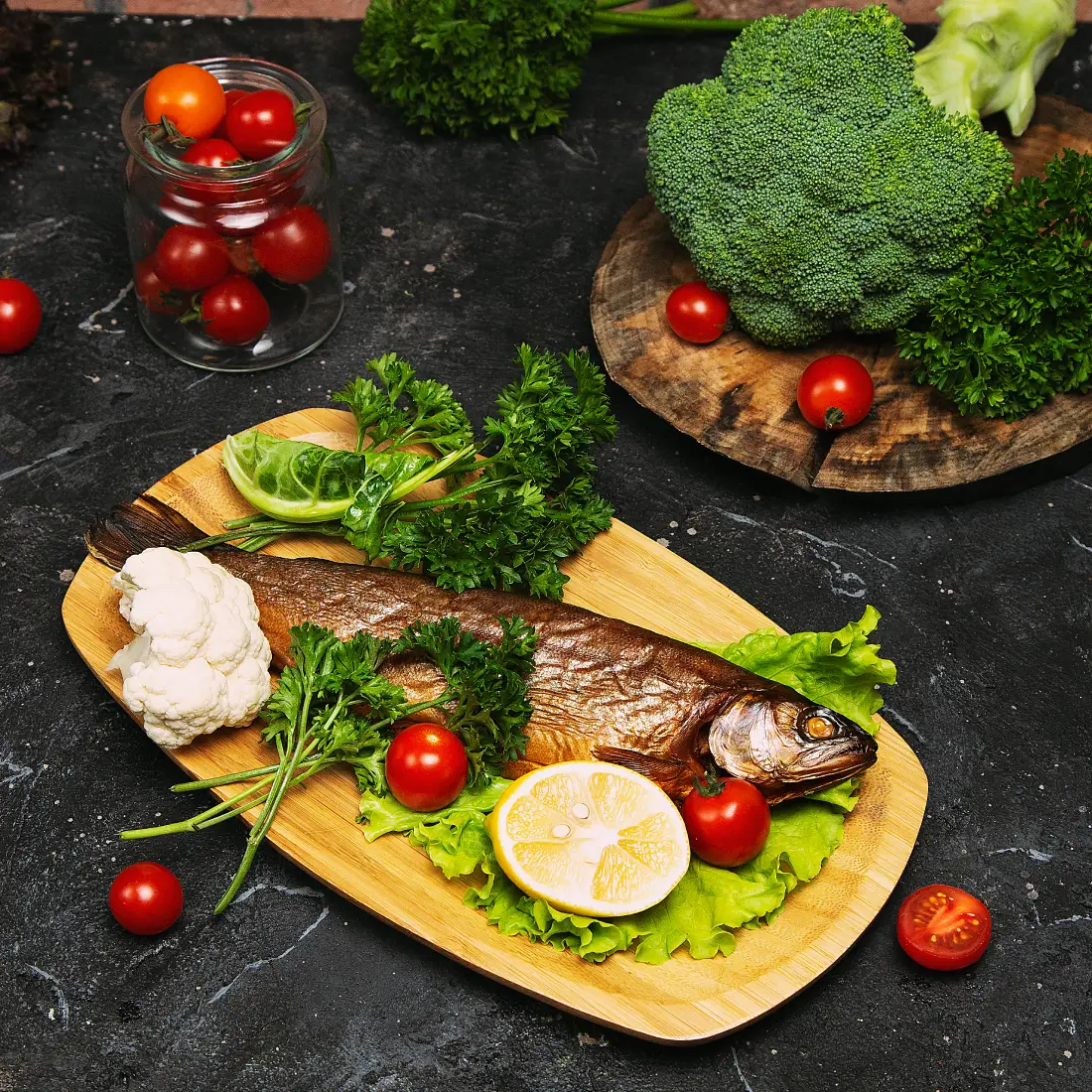Pet MedicationsHerbal Medicine
Herbal medicine uses plants or plant-based extracts to support health and treat various conditions. These remedies can come in the form of teas, capsules, tinctures, oils, and creams — all made from leaves, roots, flowers, or seeds.
A Brief History
Herbs have been used for thousands of years across cultures — from Traditional Chinese Medicine to Ayurveda in India, and even early American folk remedies. Long before pharmacies and synthetic drugs, people turned to plants for healing.
Why It’s Relevant Today
In the last 2–3 years, there’s been a major shift toward natural and preventive health. People are more curious about what they put into their bodies. As a result, herbal medicine is becoming mainstream — backed by better research, cleaner sourcing, and growing interest from healthcare professionals and consumers alike.
Fun Facts & Quick Insights
- Turmeric, one of today’s most popular herbs, was used in ancient India over 4,000 years ago.
- Nearly 25% of modern prescription drugs are derived from plant compounds.
- Adaptogens like Ashwagandha and Rhodiola are now widely used to help manage stress — naturally.
- Many patients use herbs alongside traditional medicine to enhance wellness, not replace it.
At myPharmacy
We carefully source high-quality, evidence-based herbal products — with guidance from licensed pharmacists — so you know exactly what you’re getting and why it matters.

Common Categories of Herbal Medicines
Adaptogens (Stress & Energy Support)
Adaptogens help your body adapt to physical, emotional, and environmental stress. They balance cortisol levels and support adrenal function.
Popular Examples:
- Ashwagandha – Calms anxiety, supports sleep, balances hormones.
Effects: Lower stress, improved focus, reduced fatigue.
Side effects: Possible drowsiness or mild stomach upset. - Rhodiola Rosea – Boosts energy, mental clarity, and endurance.
Effects: Improved focus and physical stamina.
Side effects: Jitteriness if taken in high doses. - Holy Basil (Tulsi) – Reduces stress and supports immune health.
Effects: Calming effect and blood sugar support.
Side effects: Mild nausea in rare cases. - Eleuthero (Siberian Ginseng) – Enhances stamina and immunity.
Effects: Better physical and mental performance.
Side effects: Restlessness or insomnia if taken late. - Schisandra – Supports liver detox and mental performance.
Effects: Improved concentration and endurance.
Side effects: Mild GI symptoms in sensitive individuals.
Digestive Support
These herbs help with indigestion, bloating, gas, and overall gut health.
Popular Examples:
- Peppermint – Relieves bloating, IBS symptoms, and gas.
Effects: Relaxed intestinal muscles, less cramping.
Side effects: Can worsen acid reflux in some. - Ginger – Aids nausea, digestion, and motility.
Effects: Quick relief of nausea and improved appetite.
Side effects: Mild heartburn or diarrhea in high doses. - Fennel – Reduces gas and supports smooth digestion.
Effects: Eases bloating and mild cramps.
Side effects: Rare allergic reactions. - Chamomile – Soothes stomach discomfort and supports sleep.
Effects: Reduced gut spasms and tension.
Side effects: Rare allergy in people sensitive to ragweed. - Licorice Root (DGL) – Supports gut lining and acid control.
Effects: Healing of minor ulcers, less heartburn.
Side effects: Must use DGL form to avoid blood pressure changes.
Immune Boosters
These herbs strengthen the body’s defense system, especially during cold, flu, or allergy seasons.
Popular Examples:
- Elderberry – Supports immune response against viruses.
Effects: Shortens cold and flu duration.
Side effects: GI upset if raw or overused. - Echinacea – Stimulates white blood cell activity.
Effects: May prevent or reduce cold symptoms.
Side effects: Rare allergic reactions. - Astragalus – Enhances immune resilience and recovery.
Effects: Supports overall vitality and immune readiness.
Side effects: Not for use during active fever. - Garlic – Natural antimicrobial and immune modulator.
Effects: Fewer infections, better cardiovascular support.
Side effects: Odor, GI upset, blood-thinning risk in high doses. - Mushroom Extracts (Reishi, Maitake, Shiitake) – Immune adaptogens.
Effects: Improved immunity and inflammatory balance.
Side effects: Rare, but may include nausea or dry mouth.
Cognitive & Mood Support
Used for mental clarity, memory, focus, and emotional balance.
Popular Examples:
- Ginkgo Biloba – Enhances circulation to the brain.
Effects: Better memory, alertness.
Side effects: Headache, dizziness, possible bleeding risk. - Bacopa Monnieri – Improves memory and reduces anxiety.
Effects: Sharper thinking over time.
Side effects: GI issues if taken without food. - St. John’s Wort – Natural mood lifter.
Effects: Relief from mild depression or low mood.
Side effects: Interacts with many medications — consult a pharmacist. - L-Theanine (from Green Tea) – Promotes calm focus.
Effects: Relaxed alertness, great for anxiety.
Side effects: Rare, usually well-tolerated. - Lion’s Mane Mushroom – Supports brain regeneration and mood.
Effects: Better focus, mental clarity, and nerve health.
Side effects: Minimal, sometimes GI upset.
Heart & Blood Sugar Support
These herbs help manage cholesterol, blood pressure, and glucose levels.
Popular Examples:
- Berberine – Supports blood sugar and cholesterol levels.
Effects: Comparable to metformin in some studies.
Side effects: GI upset if not taken with meals. - Cinnamon (Ceylon preferred) – Enhances insulin sensitivity.
Effects: Modest blood sugar control.
Side effects: None when used in moderation. - Hawthorn Berry – Strengthens heart muscle and regulates rhythm.
Effects: Supports heart failure, angina, and blood pressure.
Side effects: Dizziness or GI symptoms in sensitive users. - Garlic – Reduces cholesterol and blood pressure.
Effects: Cardiovascular protection.
Side effects: Odor, bleeding risk with high doses. - Fenugreek – Lowers blood sugar and boosts lactation.
Effects: Improved fasting glucose.
Side effects: Body odor, mild diarrhea.
